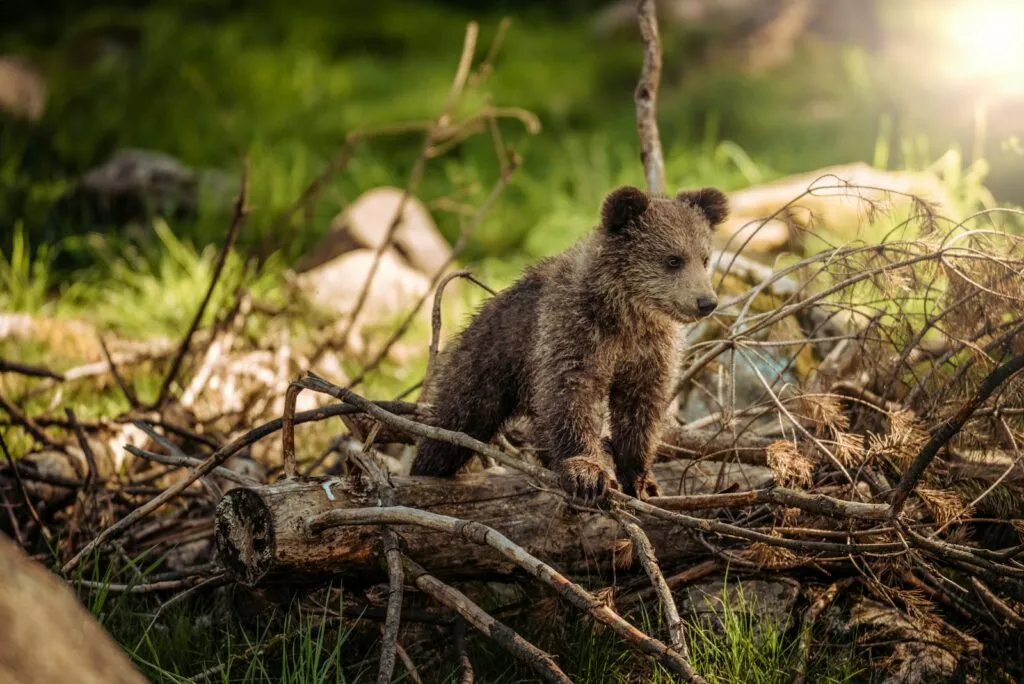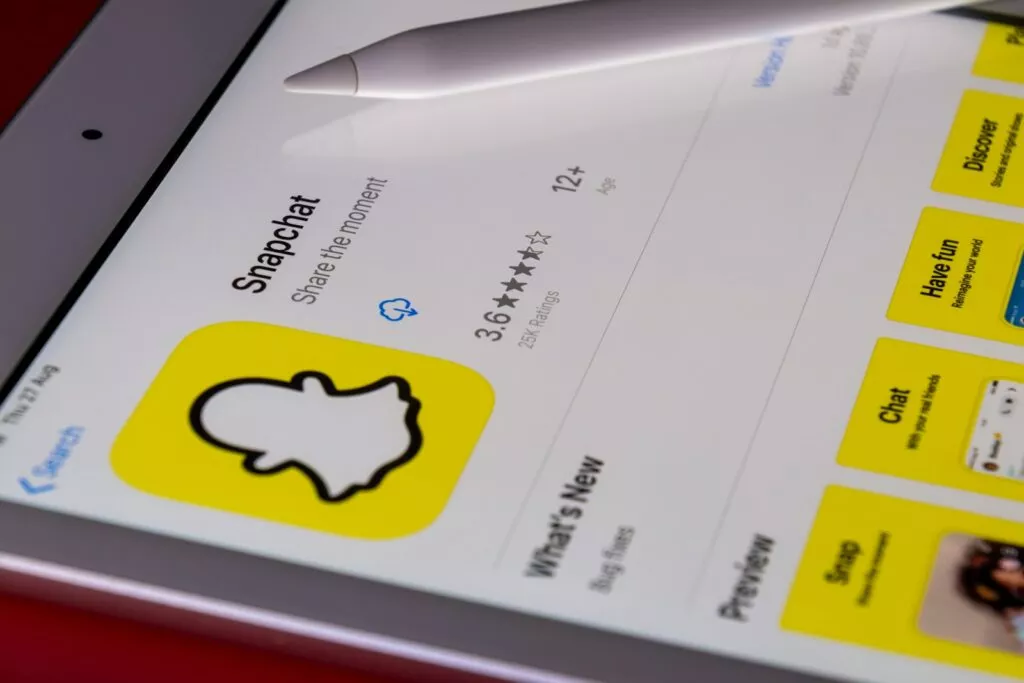Be careful what you upload to your website or blog from a “free” stock photo website.

One photographer is learning the hard way that you have to make sure to link back to the original image just in case anything happens with its status you can remove it from your site. That’s because people often steal photographs that aren’t theirs, create new user accounts, and upload them to free stock photo websites.
Photographer Simon Palmer found himself in this situation after a picture he got off of Unsplash turned out to be something stolen and the user who uploaded it was banned from the website. The firm Copytrack sent Palmer a letter inquiring about the image and asking for proof that it was being used legitimately.
After some back and forth with Unsplash, Palmer was told that “often, photographers are unaware that their images are uploaded on the platform and most would certainly not give away their images for free.” To make matters worse, because the photograph Palmer used had a “known figure” in it, the picture was not covered by Unsplash’s own terms of service protecting him from malicious users uploading stolen photos.
As FStoppers points out, the relevant section of the terms of service reads:
“This means that Photos on the Service come with a very, very broad copyright license under the Unsplash License. This is why we say that they are “Free to Use.” Note that the Unsplash License does not include the right to use:
Trademarks, logos, or brands that appear in Photos
People’s images if they are recognizable in the Photos
Works of art or authorship that appear in Photos”
FStoppers further reports that Palmer believes he is the victim of copyright trolling.
What do you think? Easy enough scheme or a genuine case of misappropriation of someone’s copyrighted photograph? Let us know your thoughts in the comments below.
Also, check out our other photography news stories by clicking here.





2 Comments
Really not enough data to say. But, I know how easy it gets to go after “free” stuff and everyone gets lazy about licenses. Probably not a deliberate use of copyrighted material. We make it easy for others to scheme when we don’t take a professional stand to protect other peoples property as we would want for our property.
Thank you for that perspective John! 🙂